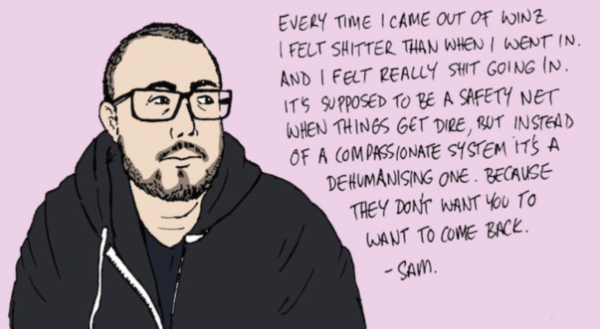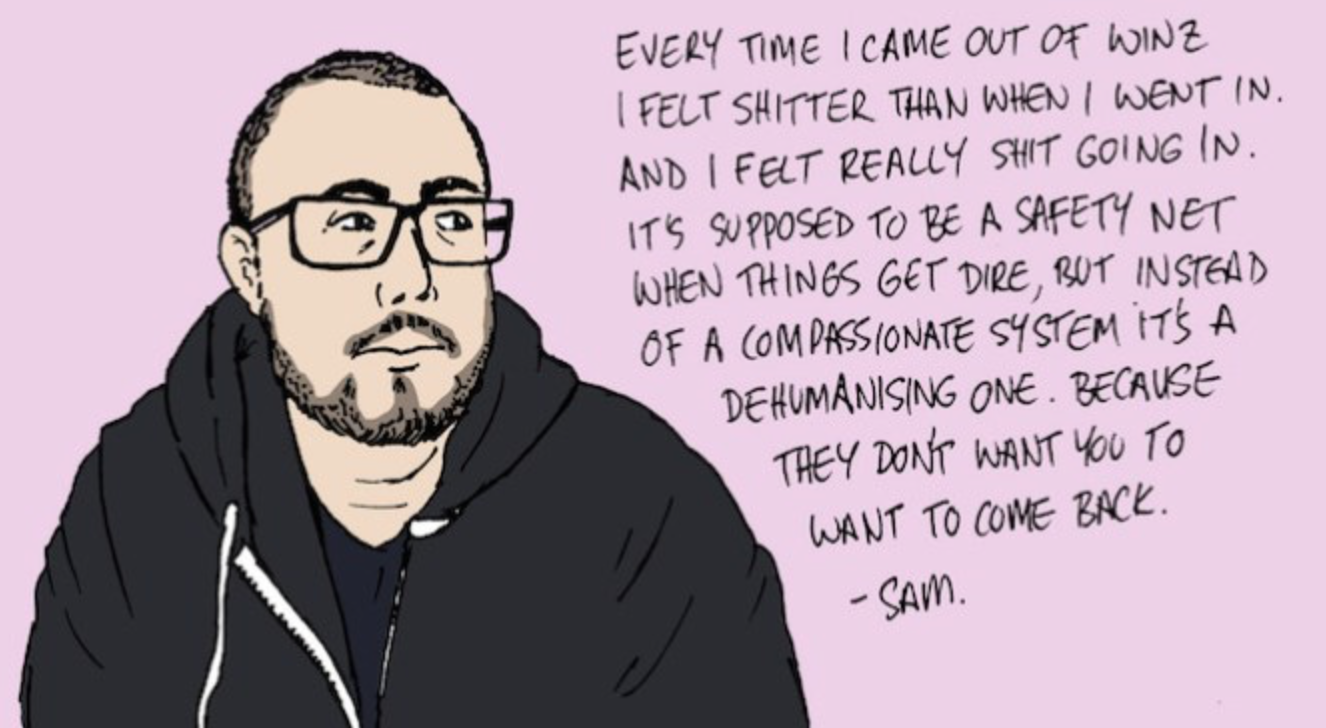
There are now more people on Jobseeker Benefit than this time a year ago, a fact which the opposition parties interpret as a sign of weak application of sanctions by W&I.
Kay Brereton Benefit advocate says:
“ I find it sad, that political parties think that a certain percentage of those with inadequate income should be punished, and denied that income “through W&I’s punitive sanction regime.”
“I am hopeful that the decrease in sanctions illustrates an improvement in the application of the regime, and that W&i are no longer sanctioning people who had a good and sufficient reason for missing their appointment. I knew of people being sanctioned for not attending an appointment, even though the reason they didn’t attend was because they were at their part time job.”
“The decrease in sanctions is very close to the percentage of sanctions which were overturned through the process which enabled a person to dispute a sanction they believed shouldn’t have been imposed, so may well mean that practice has improved.”
“The increase in people on Jobseeker may be further indication of improved practice and it may be more people in part time and casual work are now being accepted as eligible for an abated benefit, in addition the increase in numbers contains many people who were studying during the year and are now looking for work.”
“Sadly in the current precarious labour market with many roles being part time and casual a lot of people need assistance from W&I to top up their wages.”
“What these figures show is increasing need in a significant portion of NZ’s population, with the increase in hardship assistance illustrating the need for immediate increases to benefit rates, as they are currently insufficient for even a basic standard of living.”
“That more and more people are needing help with the basic essentials of life such as food and housing, is a nationwide phenomenon which beneficiary advocates see increasing every week, substantial increases in the base benefit rate are needed to reverse this trend.”





